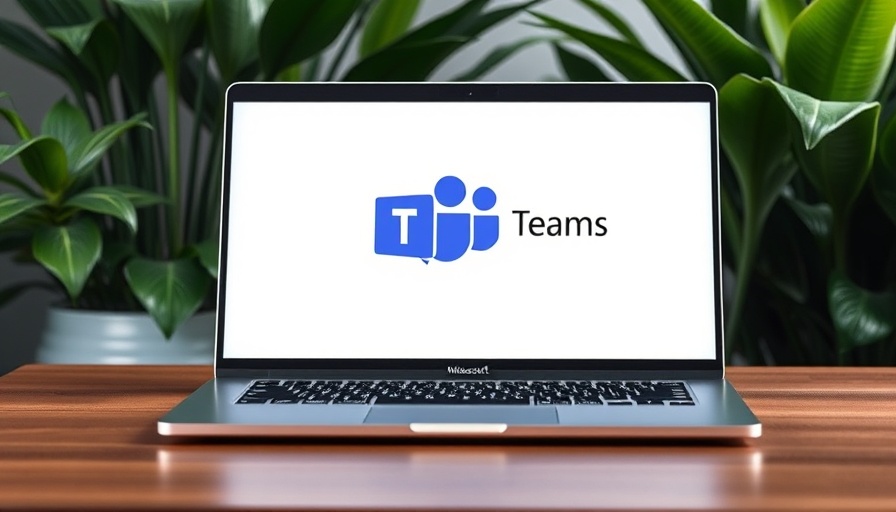
Understanding Phishing Scams in Microsoft Teams
As digital nomads increasingly rely on Microsoft Teams for seamless communication, cybersecurity threats have emerged as a growing concern. Phishing scams, in particular, have become more sophisticated, often tricking users into divulging sensitive information. These scams usually disguise themselves as legitimate looking emails or messages, posing a serious risk to remote workers who need to protect their data while working on the go.
How to Identify Phishing Attempts
Recognizing a phishing scam can be challenging, but there are telltale signs that digital nomads should heed. Suspicious links, misspelled domain names, and unexpected requests for personal information are red flags. Always verify the sender's email address and never click on unknown links. Learning to identify these scams can save remote workers from potential data breaches and financial loss.
Equipping Yourself with Cybersecurity Knowledge
For digital nomads, knowledge is the first line of defense against phishing attacks. Individuals should stay informed about the latest cybersecurity threats and tactics. Participating in online security workshops and using two-factor authentication are proactive measures. By reinforcing their cyber defenses, remote workers can ensure their work remains uninterrupted and secure.
The Importance of Keeping Your Digital Workspace Safe
Your digital workspace is as important as any physical one, especially when working remotely. Protecting your work tools and data should be a priority. Regular updates, strong passwords, and reliable antivirus software are keys to maintaining a safe workflow. This vigilance ensures that digital nomads can focus on their productivity without fear of compromise.
 Add Row
Add Row  Add
Add 




Write A Comment